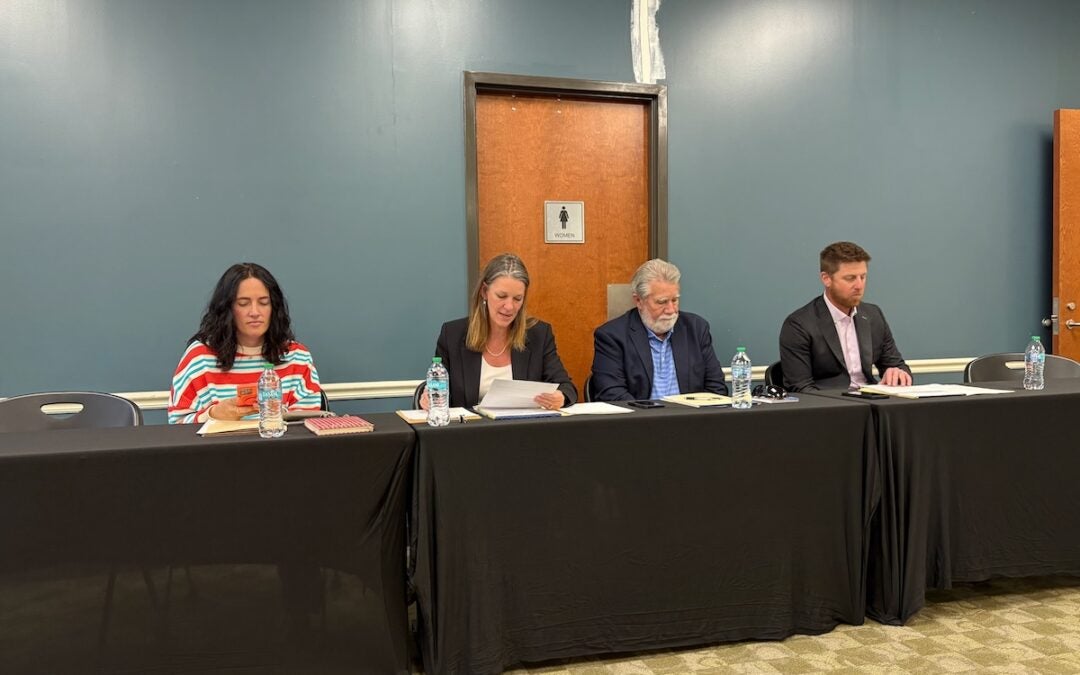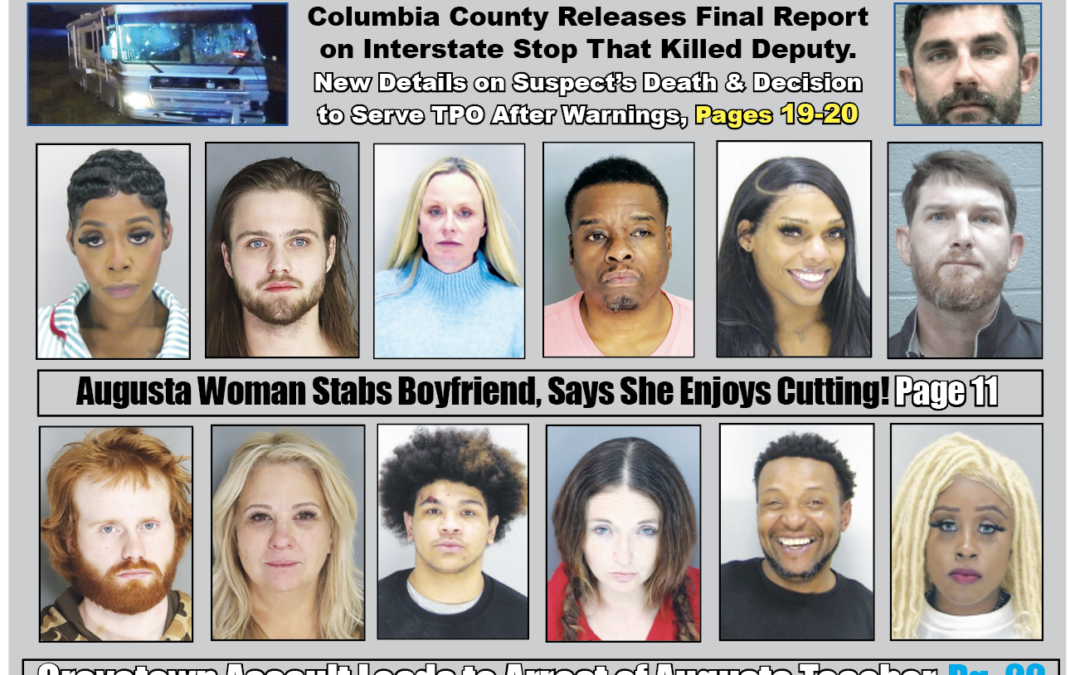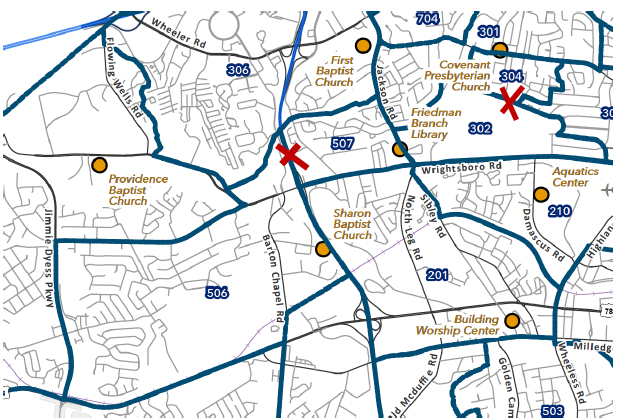Some colleges across the nation seem to have woken up and allowed the police to clear out the pro-Palestinian encampments littering their campuses.
I applaud them for upholding the rule of law, even if it took weeks in some instances.
In my opinion, this is a good thing because, in many cases recently, what started out as a protest began to devolve into something not protected by the First Amendment, and the next escalation on the horizon could have led to violence. When the police did start removing the tents, they found stockpiles of rocks and makeshift weapons, according to multiple news sources.
MORE: Columbia County candidates convene for public forum
In the past, I have voiced my support for the country of Israel; so, for a moment, let’s take what is being protested out of the conversation and focus only on the actions of the protesters.
Another reason to take out what is being protested is because I have seen several interviews with protesters who had a difficult time expressing what exactly they were protesting. They appeared to be just following the herd, and some readily admitted they were camping out because they were invited to do so by friends.
Free speech on college campuses should be considered sacrosanct, and during my time in college at Augusta State University, now Augusta University, some 25 years ago, I witnessed how that university and the students handled the expression of free speech.
The first gay pride parade in Augusta was held on the campus, and no one batted an eye. A Christian sect of students showed up everyday to classes carrying crosses taller than themselves, and they were not harassed, nor did they threaten anyone with the crosses.
Several times I witnessed sidewalk preachers in the quad warning of the coming of the Armageddon and they were not heckled or removed from the campus by the administration.
The difference between the speech I witnessed in Augusta and what is going on presently at universities around the nation is that these student’s actions are not protected speech, according to multiple Supreme Court case law examples. Cox v. New Hampshire (1941) is just one of many rulings that state that the time, place and manner of the speech are the deciding factors of whether the speech is protected under the Constitution.
We all know, or should know, that shouting ‘fire’ in a packed movie theater that is not actually on fire is not protected speech; in fact, if anyone is injured, it is a criminal act.
However, there is even more; according to the high court, many facets of actions and intents must be considered when determining if an attempt to exercise the First Amendment is protected speech.
Standing on the sidewalk with a sign is protected, carrying a sign out into a roadway and impeding traffic during rush hour is not. Holding a ‘peace-in’ on a public college quad is protected, but standing outside a place of business or a college classroom with bullhorns causing severe disruption in other people’s daily activities is not protected.
Augusta Superior Court Chief Judge Danny Craig explains further:
“The Supreme Court has maintained over and over that any speech that presents a real and present danger or any sort of breach of public peace is not protected under the law.”
So, the colleges are doing the right thing in allowing the police to clear out the lawbreakers and restore order.
There is something else here to consider and that is that speech is only protected from government action, not private entities.
Having piercings and tattoos may be a form of free speech, but employers have the right not to hire someone with those forms of expression on their bodies.
My free speech is curtailed by my position at The Augusta Press. I can believe in the craziest of conspiracy theories if I want; but if I espouse such beliefs on social media, I would likely find myself in hot water with the editorial board. I accepted curtailment of my speech when I accepted the job.
Whether I am wearing my official fedora hat or my off-duty fishing cap in public, I still represent the newspaper.
Likewise, in my opinion, college professors should be held to the same standard. Colleges should not tolerate or allow their professors to take part in protests, no matter what side they might be on.
When I went to ASU, I did not know the political leanings of any of my professors, with the exception of Ralph Walker, but that was because Walker was involved in politics before he became a professor and anyone that read the daily newspaper knew where he stood.
However, even Walker stuck to the curriculum and never inserted his personal views.
Sadly, these professors shown on media asking for “muscle” to remove opposing views from protests are often reflecting the views of the university’s administration, which is one more reason local college is vastly superior to the Ivy League.
Colleges can and should return to being the bastions of learning and drop the indoctrination, lest they become even more irrelevant to the society they were created to serve.
Scott Hudson is the Senior Investigative Reporter and Editorial Page Editor for The Augusta Press. Reach him at scott@theaugustapress.com











